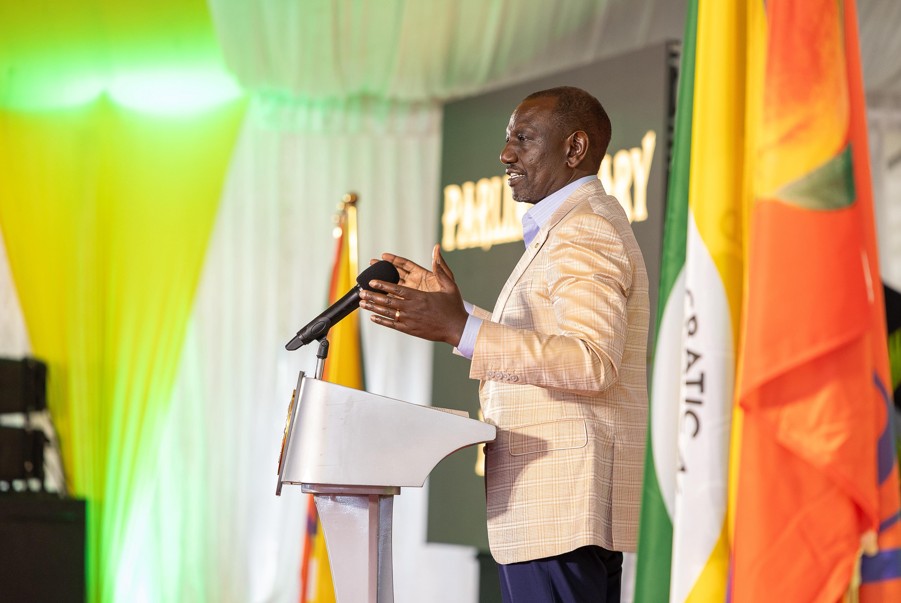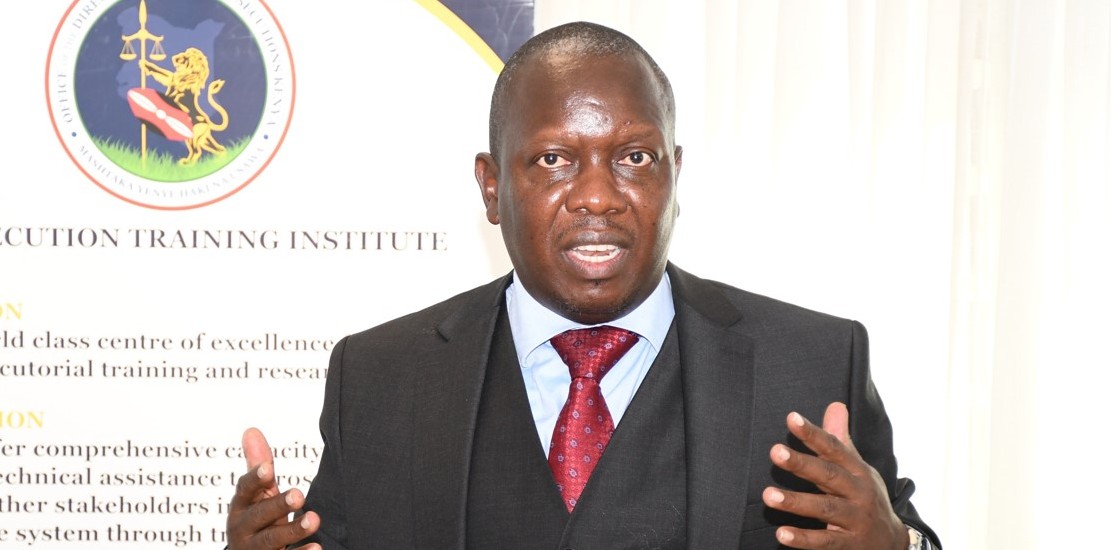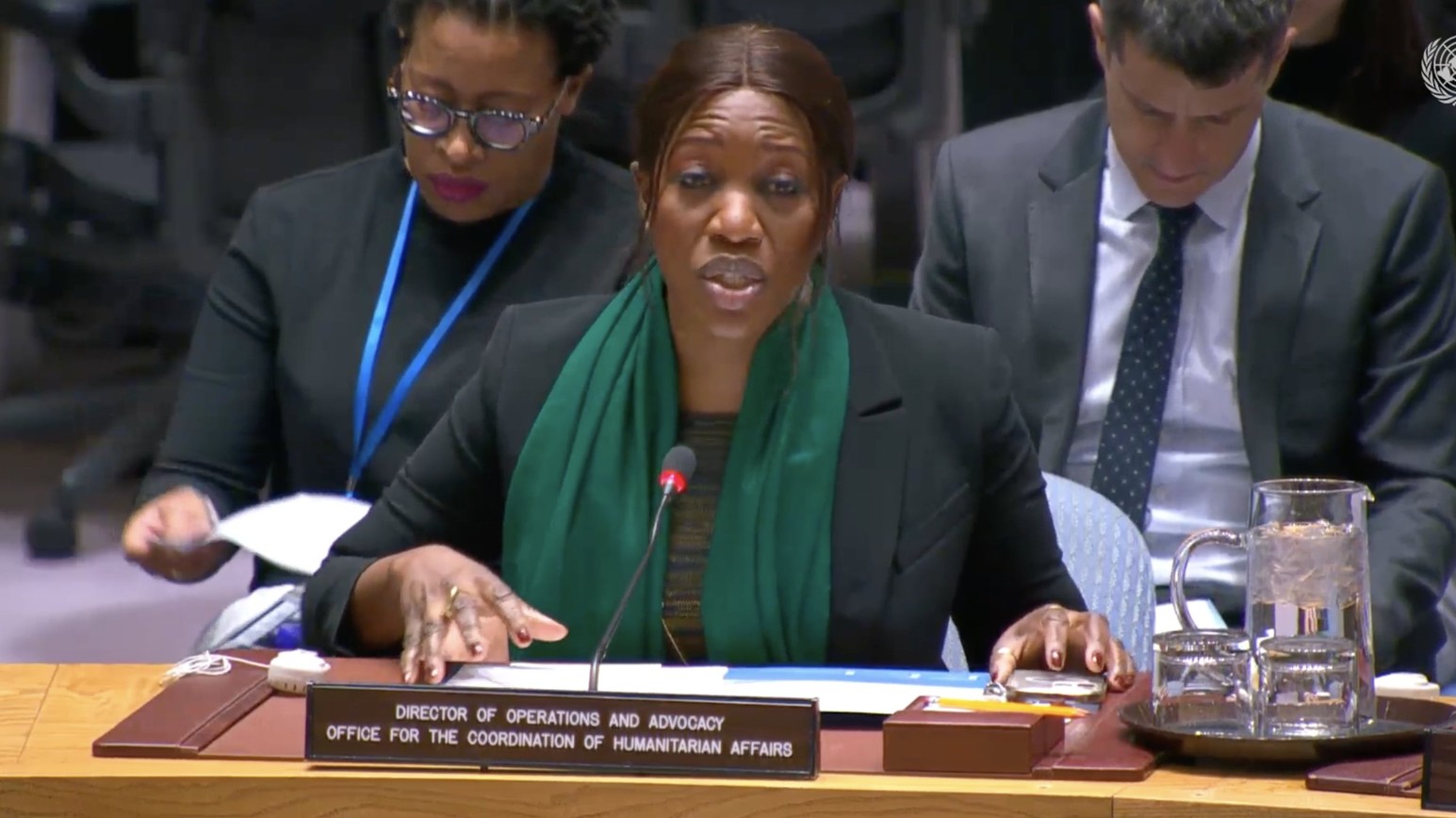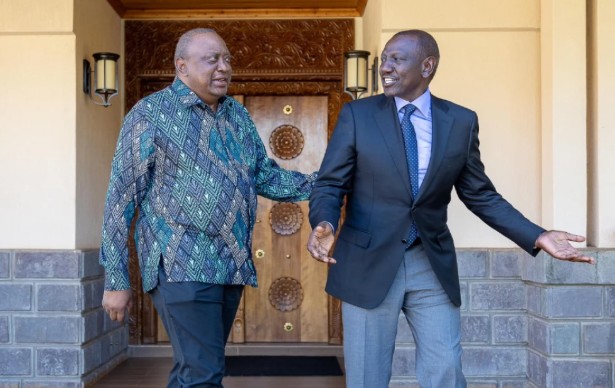Muturi pledges truth and healing as he takes oath as people's justice commission chair

Muturi took the oath of office on Tuesday at Ufungamano House in Nairobi, joining Makueni Senator Dan Maanzo, PLP Secretary-General Asha Bashir, and activist Prof. Fred Ogola, who were also sworn in as commissioners.
Former Public Service Cabinet Secretary Justin Muturi has been sworn in as chairperson of the newly formed People’s Restorative Justice Commission, a citizen-led initiative aimed at addressing historical injustices and state-sponsored abuses.
Muturi took the oath of office on Tuesday, during a ceremony held at Ufungamano House in Nairobi.
More To Read
- Namibia’s president calls for reparative justice to address historical injustices against African women
- Muturi rejects Murkomen's claim that anti-terror law was passed under his tenure as speaker
- Court directs DCI to investigate lawyer Ndegwa Njiru, clients for alleged witness coaching
- Justin Muturi reveals how he became AG after initially declining the role
- Lawyer Ndegwa Njiru threatens court action over Ruto’s plan to build church at State House
- Muturi warns Kenya sliding into authoritarianism over rising abductions by security agencies
He will lead the Commission alongside Makueni Senator Dan Maanzo, PLP party secretary general Asha Bashir, and political activist Prof Fred Ogola, who were also sworn in as commissioners.
“This moment marks the beginning of a solemn journey, one rooted in the painful reality that, for too long, we have normalised impunity through phrases like ‘forgive and forget’ or ‘accept and move on,” Muturi said in his inaugural speech.
“But for the families who have lost their loved ones, those gunned down in broad daylight, there is no moving on without justice. No nation can build lasting peace by burying truth beneath silence,” he added.
Justice for state violence victims
Muturi pledged to restore dignity and justice to victims and survivors of state violence, saying the Commission will be guided by African values of Ubuntu to pursue truth, healing and reconciliation.
“I take up this role with the firm belief that justice must be restored, not just through courtrooms, but by rebuilding broken communities and restoring dignity to victims and survivors,” he said.
“This commission is not just about memory, it is about justice, accountability, and a commitment to say, never again.”
Lawyer Ndegwa Njiru, who spoke during the launch, said the commission was born out of necessity, accusing the state of failing to uphold constitutional values and protect human rights.
“This is a commission that has been created as a result of necessity because of the inability of the state to enact or execute its respective functions,” he said.
Legitimacy
Njiru argued that the body draws legitimacy from the preamble of Kenya’s Constitution, which affirms the supremacy of God and the commitment to justice, equity, and the rule of law.
“These values, equity, social justice, democracy, and respect for human rights, are now under serious threat. The very institutions created by the Constitution to safeguard these values have abdicated their responsibility,” he said.
He criticised the government for allowing the continuation of extrajudicial killings, enforced disappearances, and unchecked police brutality, saying many Kenyans have lost faith in formal justice systems.
According to Njiru, the commission seeks to offer an alternative path for victims and families to pursue truth and justice where state mechanisms have failed.
“This commission aims to restore public trust and provide an alternative platform for justice,” he said.
The commission is expected to conduct public hearings, document abuses and issue non-binding recommendations geared toward promoting national healing and justice.
Its launch comes at a time of growing public concern over police violence, particularly during protests, and renewed calls for accountability and reform in Kenya’s justice system.
Top Stories Today













































